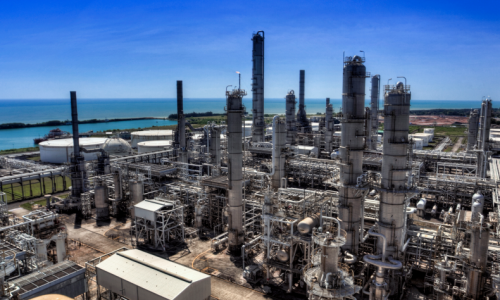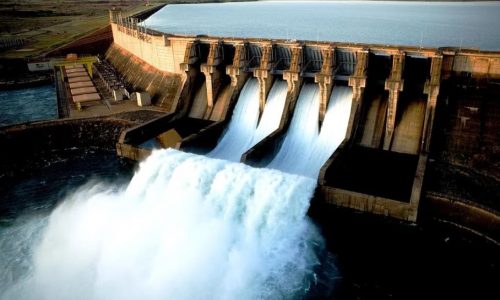The 50.14-kilometer Trans Papua road, connecting Jayapura-Wamena Segmen Mamberamo-Elelim construction project, has an investment value of IDR 3.526 trillion and a concession 15 years. The Jayapura-Wamena Segmen Mamberamo-Elelim segment is expected to boost the economy and expand the availability of road networks in Papua. The Trans-Papua road is a non-toll route that serves as the backbone of Papua area.
The presence of Trans-Papua road will assist 237 Indonesian natural resource productions and processing sites, where national energy reserves are developed.
The Public Works and Public Housing (PUPR) Ministry held a market sounding on September 6, 2022. The event was a forum for the government to convey comprehensive information about the Government and Business Entity Cooperation (KPBU) projects.
To accelerate infrastructure development in Indonesia, the KPBU program allows providing infrastructure services without relying entirely on the availability of government funds.
Furthermore, the government can provide a variety of facilities and benefits, such as construction finance, eligibility assistance, and guarantees for the KPBU project.
Challenges on social conflicts
The construction of the Trans-Papua line with a total length of 4,300 kilometers faces serious challenges. In addition to requiring a whooping budget, the construction of this route is also vulnerable to social conflicts with residents. The social conflicts derive from natural resources dispute, economical race and political power, and also friction among ethnic groups and different religion, also between migrants and indigenous people.
Another challenge for Trans Papua construction is the absence of productive trees in Papua provinces. As a result, contractors must be careful in constructing the road so they would not cross the protected forests. Another challenges is the extreme topography and minimal access in the provinces which make transportation costs for construction equipment soar.








